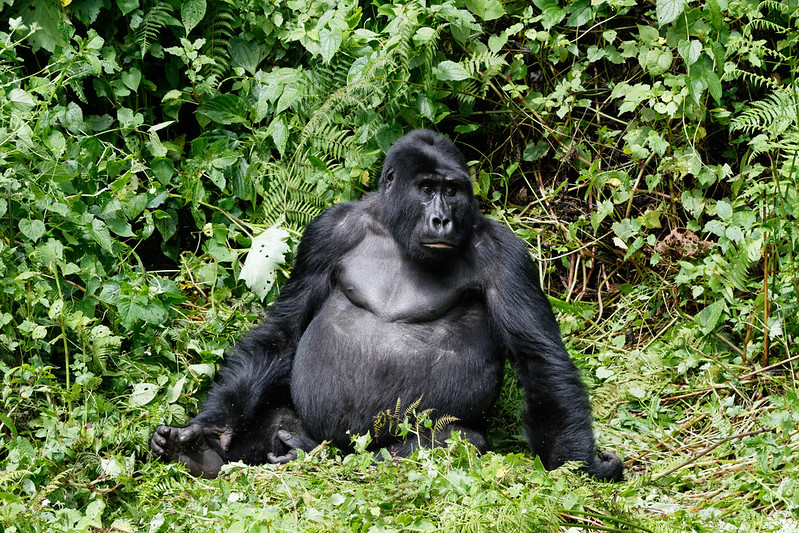Lifespan of Gorillas: How long do Gorillas live.
What is the lifespan of a gorilla? Gorillas have different lifespans. There are two species of gorillas: lowland and mountain gorillas. Since they can only exist in confinement, lowland gorillas are typically kept in “zoos.” The mountain gorillas are clever, timid, and endangered species of enormous wild apes.
The baby mountain gorilla and the mountain gorilla Gorilla babies are referred to as the human cousins that are closest to humans after chimpanzees and baboons since they share 98% of their DNA. Known as the “human cousins,” mountain gorillas are intelligent, large, and endangered animals that share 98% of their DNA with humans.
The forests of Gabon, Cameroon, Nigeria, Angola, the Equatorial Guinea, and some regions of the Congo are home to lowland gorillas. On the other hand, wild mountain gorillas inhabit the tropical rain forests found in Africa’s mountain regions.
Rwanda, Congo, and Uganda are among the African nations that are home to mountain gorillas.
In Uganda, mountain gorillas live and are protected in Mgahinga National Park and Bwindi Impenetrable National Park in the country’s southwest. Twelve habituated gorilla families are protected by the Ugandan national parks where Uganda Gorilla Safaris take place, with one family in Mgahinga National Park and eleven families in Bwindi National Park.
The habitats, colors, and length of hair of the two species differ from one another. Gorillas care for the elderly in a manner comparable to that of humans. The World Life Fund states that every gorilla exhibits unique indicators of age. Gorillas can live for 35 to 40 years, and they frequently have arthritis, which weakens their hands, feet, and bones.
In contrast to mountain gorillas, zoo gorillas can live for 50 years or longer. Additionally, they experience tooth loss, which indicates an eating issue. They take longer to eat than other family members, which shortens their lifetime and ultimately causes them to die young.

